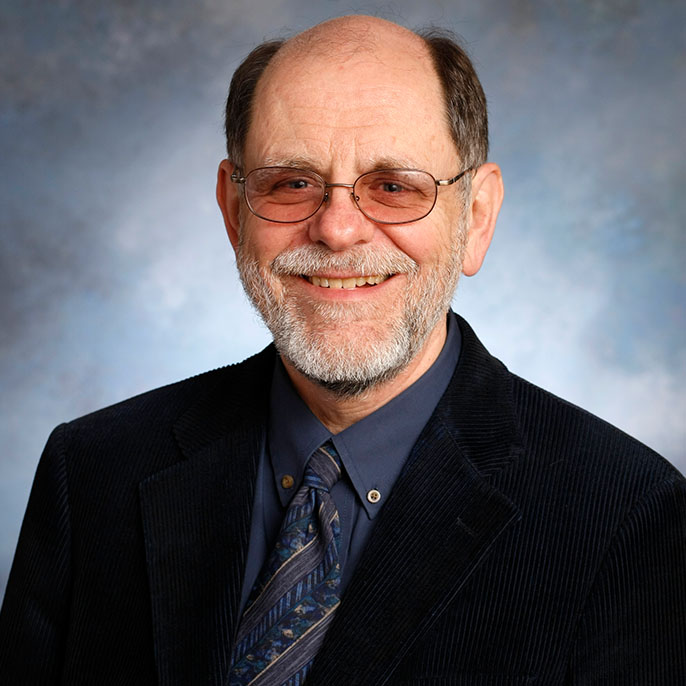

Michael Cameron has taught at the University of Portland since 2002. He teaches the basic course in biblical study for the sake of theology, and courses in the History Christianity. He specializes in the thought of the the 4th century bishop and thinker, Saint Augustine of Hippo. In 2012, Oxford University Press, New York, published Michael's book, Christ Meets Me Everywhere: Augustine's Early Figurative Exegesis.In 2015 New City Press, New York, published an anthology of Augustine's extensive detailed expositions of the Psalms Enarrationes in psalmos, for which he wrote an extended introduction. Also in 2015 Michael's book Unfolding Sacred Scripture: How Catholics Read the Bible, was published by Liturgy Training Publications, Chicago. Michael has published numerous articles in scholar and popular journals, and serves on the editorial board of Augustinian Studies and the Augustus-Lexikon. From 2006 to 2017 he served as the editor for patristic and early medieval Latin Christianity for the multi-volume reference work published by Walter De Gruyter, Berlin, entitled The Encyclopedia of the Bible and Its Reception. Michael is married to Lorie Simmons, and is the father of two grown sons, Erik and Matthew.
University of Portland
5000 N. Willamette Blvd.,
Portland, Oregon 97203-5798
503.943.8000
This website uses cookies to track information for analytics purposes. You can view the full University of Portland privacy policy for more information.
